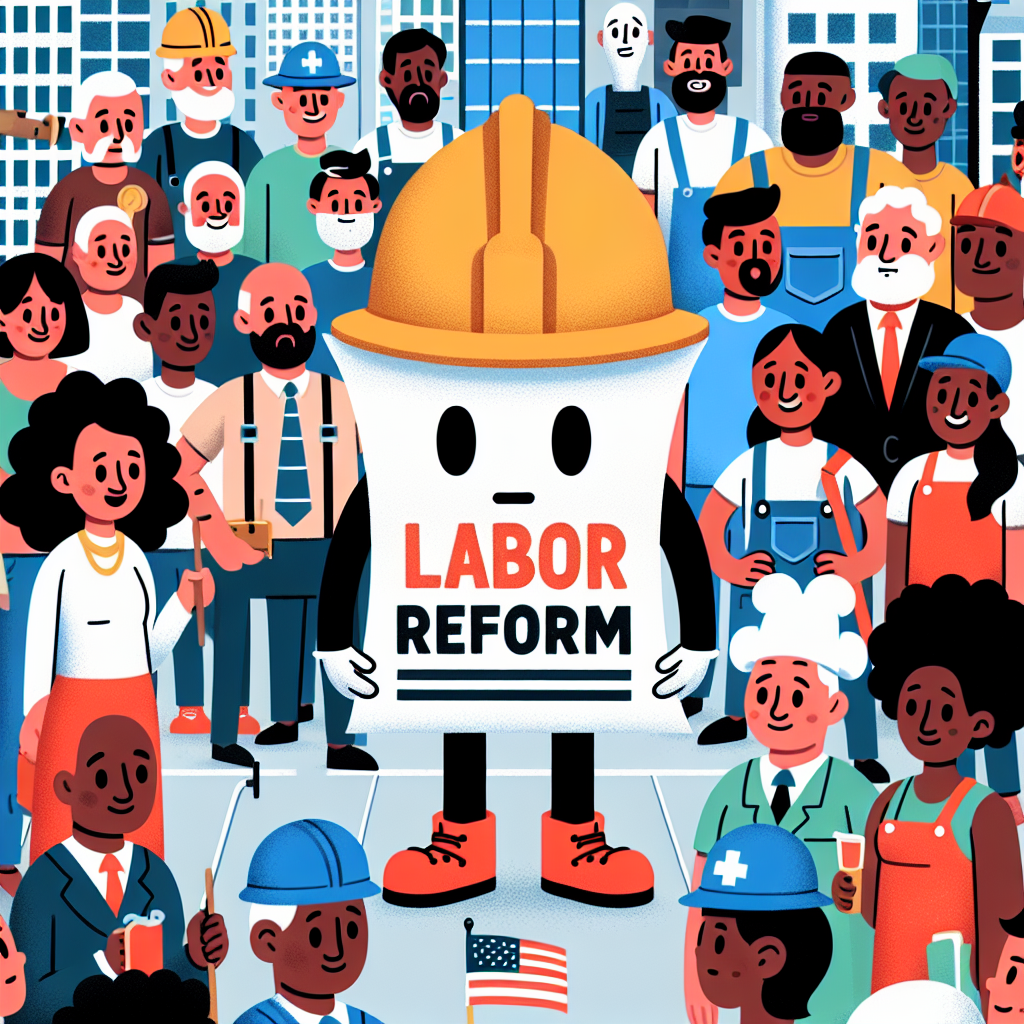Colombian Senate Greenlights Progressive Labor Reform Bill
Colombia's Senate approved a controversial labor reform bill, initiated by President Gustavo Petro, aiming for improved work conditions. This includes an eight-hour day, higher pay for weekends/holidays, and social security for delivery drivers. A referendum was enforced amid political opposition, leading to a significant legislative change.

In a significant legislative development, Colombia's Senate has approved a labor reform bill initiated by President Gustavo Petro. This decision followed a decree for a direct referendum to secure public backing due to substantial political contention. The bill, which passed with 57 votes in favor against 31 opposing, enacts notable reforms such as enshrining an eight-hour workday and increasing weekend and holiday pay.
Despite strong opposition and claims of undermining Colombia's separation of powers, President Petro's call for the referendum urged the Senate to act before its June 20 session end. Previous attempts to push the referendum were narrowly defeated in a 49 to 47 vote, an outcome Petro labeled fraudulent.
The newly ratified law will boost wages for evening work and gradually enhance Sunday and holiday pay through 2027. Additionally, delivery app contractors must make social security contributions, with companies like Rappi prohibited from enforcing exclusivity and required to oversee their algorithms with human input. Labor costs are projected to rise by 6.8% to 35% as a consequence.
(With inputs from agencies.)
ALSO READ
Italy's Citizenship and Labour Law Referendum: A Test of Democracy and Demographics
NZ to Host Bougainville Post-Referendum Peace Talks at Burnham Camp
Turnout Woes: Italian Referendum Falls Short
Italian Referendum: Voter Apathy Strengthens Meloni Government
Italian Referendums Flop Due to Low Voter Turnout










